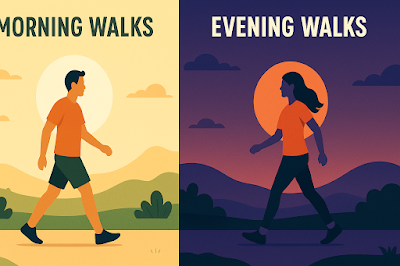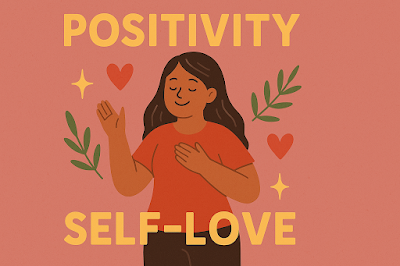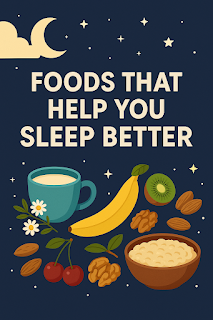Managing Work Stress Naturally
Introduction
In today’s fast-moving world, stress at work has become part of everyday life. Tight deadlines, back-to-back meetings, heavy workloads, and poor work-life balance often leave people feeling drained. Thankfully, there are natural ways to handle work stress. This post shares easy and effective tips to help you stay calm, focused, and maintain a healthy lifestyle.
1. Begin Your Morning Peacefully
The way you start your day affects how the rest of it unfolds. Instead of waking up late and rushing, try to:
💥Get up at least 30 minutes earlier.
💥Do breathing exercises, gentle stretches, or meditate for a few minutes.
💥Eat a calm, healthy breakfast without checking your phone or emails.
A peaceful morning routine clears your mind and prepares you for a productive day.
2. Keep Things Organised
A messy schedule can silently add to your stress. Without proper planning, tasks pile up and feel overwhelming. To stay organised:
🎗️Make a to-do list as soon as your workday begins.
🎗️Highlight the most urgent tasks.
🎗️Break bigger projects into smaller, actionable steps.
🎗️Good organisation brings clarity, focus, and reduces unnecessary tension.
3. Take Frequent Short Breaks
Working non-stop leads to tiredness and stress. Make sure you:
📌Stand up to stretch every hour.
📌Walk around your room or office for a few minutes.
📌Try simple desk stretches to refresh your body and mind.
Short breaks help your circulation, reduce muscle tension, and boost your energy levels.
4. Use Deep Breathing Techniques
Deep breathing is an easy way to handle stress naturally. When you feel anxious:
🔺Close your eyes gently.
🔺Breathe in deeply through your nose for 4 seconds.
🔺Hold your breath for 4 seconds.
🔺Slowly breathe out through your mouth for 6 seconds.
🔺Do this 5 times.
This simple method relaxes your mind instantly and helps you feel more centred.
5. Live a Healthy Lifestyle
Your overall health influences how you handle stress. Focus on:
💫Eating nutritious meals with fresh veggies, fruits, grains, and protein.
💫Drinking enough water to stay hydrated.
💫Sleeping at least 7-8 hours every night to recharge fully.
💫Doing physical activity regularly, like walking, yoga, or light workouts.
A strong body supports a strong mind, making stress easier to manage.
6. Cut Down on Caffeine and Sugar
While coffee gives you quick energy, too much of it can raise anxiety levels. Similarly, sugary snacks create sudden energy spikes that quickly fade. Instead, choose:
🍄Herbal teas like green tea or chamomile.
🍄Healthy snacks such as nuts, seeds, and fruits.
These options keep your energy steady and your mood stable throughout the day.
7. Practice Being Mindful
Mindfulness means paying attention to the present moment. At work:
🟢Concentrate on completing one task before moving to the next.
🟢Notice your thoughts and feelings without judging them.
🟢Listen carefully when talking to colleagues or clients.
Practising mindfulness helps you stay calm, focused, and better manage your stress levels.
8. Surround Yourself with Positive People
Connecting with supportive colleagues, friends, or family members can ease stress. Share what’s on your mind, ask for guidance, or simply have fun with them. Strong social bonds act as natural stress relievers.
9. Make Your Workspace Pleasant
Your work environment can affect how you feel. Keep your desk clean and organised. Add a small plant for a natural and calming vibe. Sit on a supportive chair and maintain good posture to avoid body aches.
10. Learn to Set Boundaries
Taking on too much work can lead to burnout. It’s important to say no politely when you’re overloaded. Know your limits and prioritise your mental and physical wellbeing.
Conclusion
Handling work stress naturally involves building simple habits that balance your mind and body. Start today by waking up earlier, eating nourishing food, taking regular breaks, and practising deep breathing. These small changes will lower your stress, increas
e your productivity, and bring more happiness into your life.
Remember, adopting a healthy lifestyle is the key to managing work stress naturally.
Blog Description:
Learn natural tips to manage work stress, stay calm, and boost productivity for a healthier, happier work life daily.
🔹 Labels:
Work Stress
Natural Stress Relief
Healthy Lifestyle
Productivity Tips
Stress Management
























